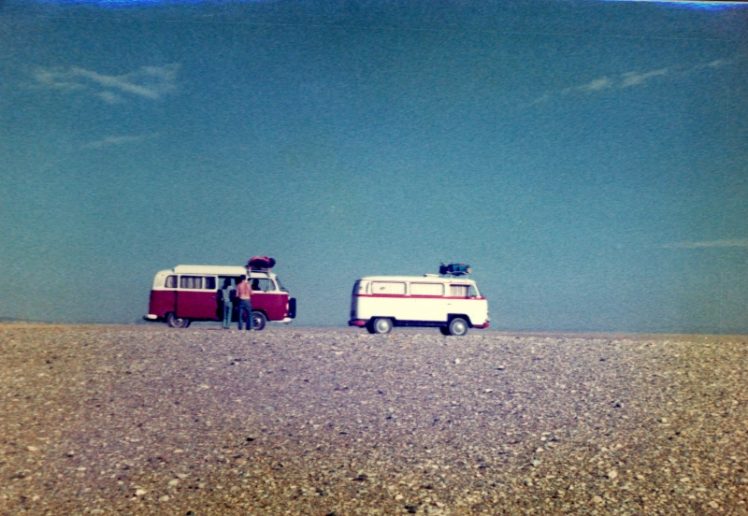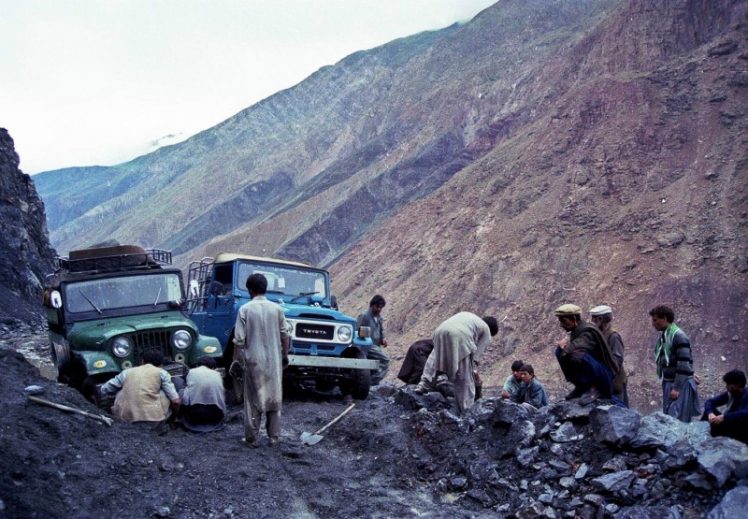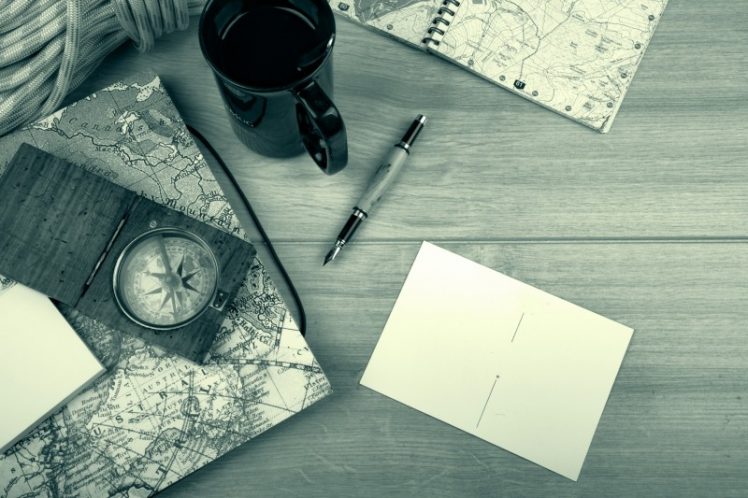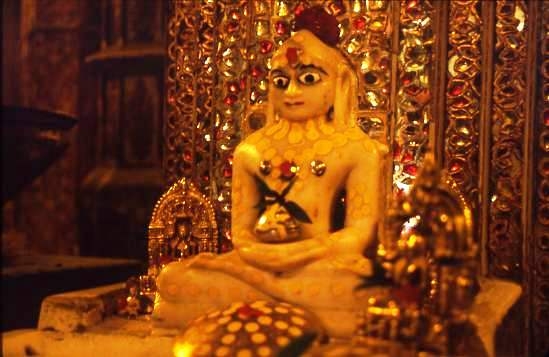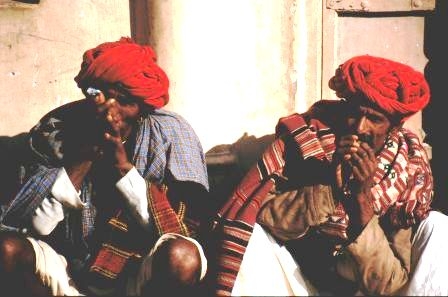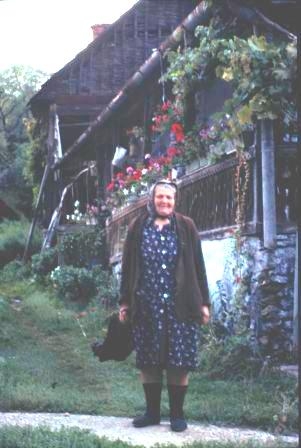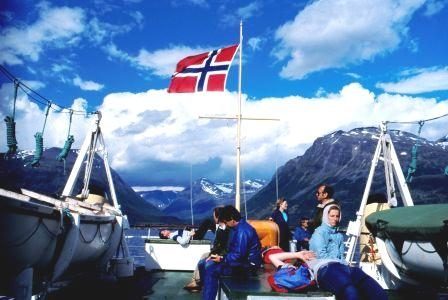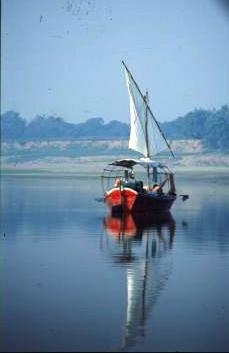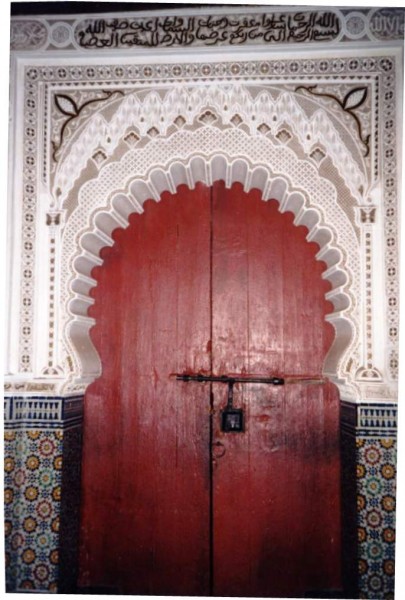
Amateur Emigrant #2 Imperial cities, eternal desert
Having left the craggy heights of the Rif mountains, we now headed toward the ancient city of Fes, home to one of the most intact medieval medinas in the world. Our route took us through undulating farmland and scattered villages, underlining the value of agriculture here. At the beginning of the modern era, the Roman city of Volubilis had been the centre of the Imperial bread basket in North Africa and still fulfilled much of that role today, as the landscape became more alive with tractors and people. Large, clanking trailers were crammed with farm workers being ferried to and from local markets with produce and livestock jammed in underneath or between scarf-wrapped, dust-blown families.
